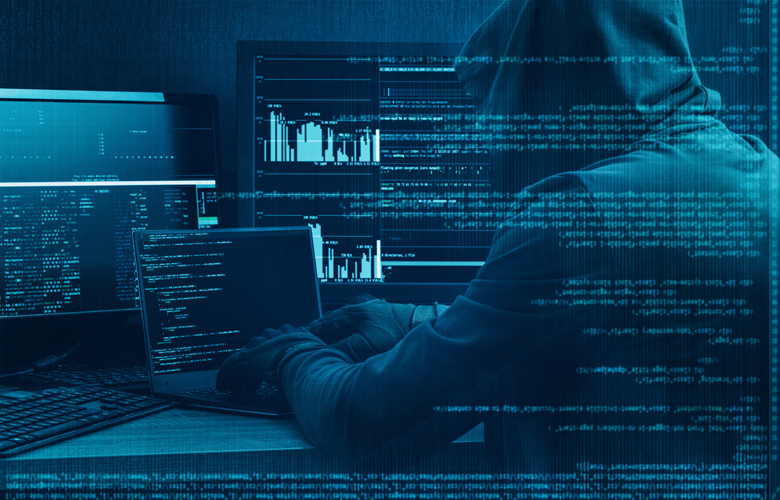“Putin will not succeed in his attempt to weaken support for Ukraine,” they say in London
The British spies will attempt to tackle the threat of Russian cyberwarfare with a new lab artificial intelligence (AI), the minister responsible for national security announced, insisting that Russian President Vladimir Putin will not succeed in preventing support for Ukraine.
Chancellor of the Duchy of Lancaster Pat McFadden said the UK and its NATO allies were “watching” Moscow and countering its attacks both publicly and “behind the scenes”, in a speech today.
In an apparent reference to the preparation for World War II, he warned that the Britain he “learned a long time ago” not to appease dictators and that Putin “will not succeed” in trying to weaken support for Ukraine.
McFadden, whose remit includes national security, also announced the creation of a new Laboratory for Artificial Intelligence Security Research (LAISR) aimed at helping the UK stay ahead of the ‘new AI arms race’
The center will involve GCHQ, the University of Oxford, the National Cyber Security Centre, the Alan Turing Institute and several government agencies and will initially be supported by £8.22bn ($10.3m) of government funding.
Speaking at the NATO Cyber Security Conference held at Lancaster House, McFadden said: “Make no doubt: the UK and those in this room are watching the Russia. We know exactly what they do and we deal with their attacks both publicly and behind the scenes.”
“We know from history that by appeasing dictators who attack their neighbors, you embolden them. The British have been taught for a long time the importance of standing strong against such actions, it was underlined in APE BPE.
“This is why we support Ukraine in its battle to decide its own destiny. Putin is a man who wants destruction, not peace. He is trying to prevent our support for Ukraine with his threats. He won’t make it.”
Mack Fadden also warned that cyber-interference allows Russia to “turn off the lights to millions of people” by disrupting power grids and represents the “covert war” it is waging against Kiev.
But while AI, he said, can enhance existing cyber threats, it can also create better defensive tools for security agencies that they can use to collect, analyze and produce more useful information.
“Cyber warfare is now a daily reality,” McFadden said to allies.
“We are a country where our defenses are constantly being tested. The scale of the threat must be matched by the strength of our resolve to combat it and protect our citizens and systems.”
“Artificial intelligence is already revolutionizing many areas of life – including national security. But as we develop this technology, there is a risk that it will be used as a weapon against us. Because our adversaries are also looking at how to use AI on the physical battlefield and in the cyber arena.”




